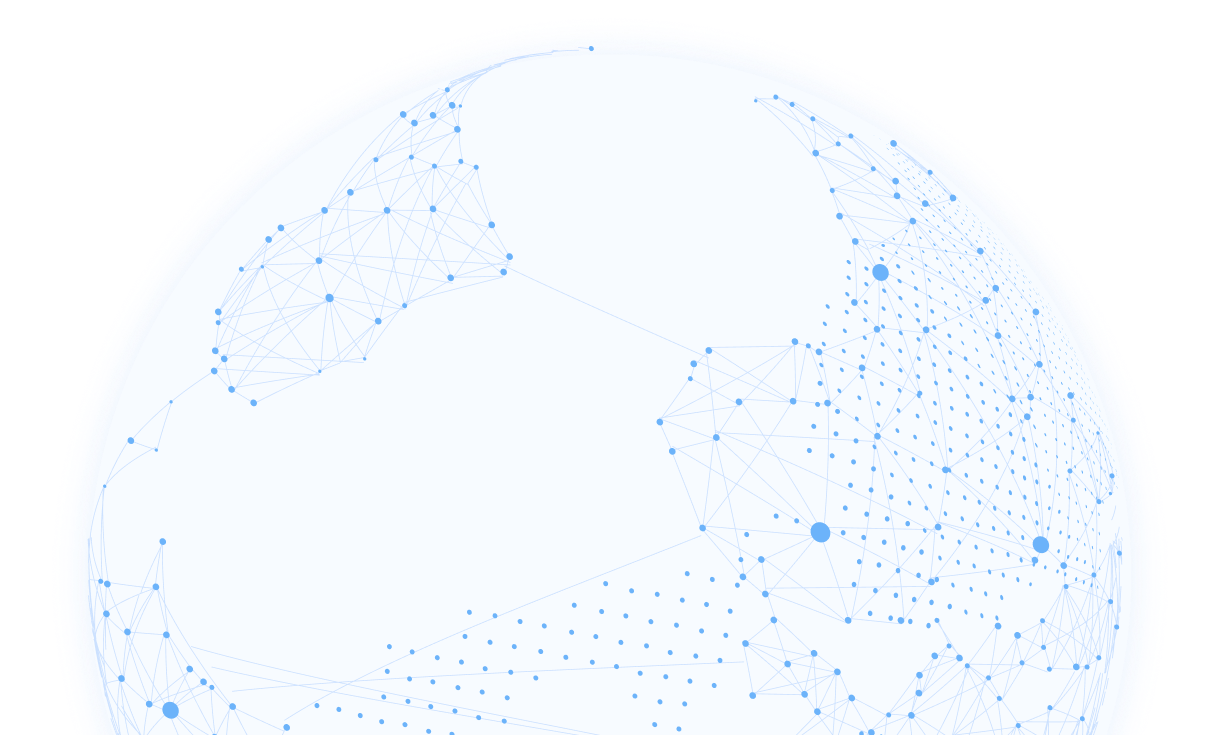How to Use Residential IPs for University Research

Students know, especially college ones, how arduous and time-consuming researching can be for class assignments. It can seem like a daunting task to sift through countless data to find the information one needs, however there is a solution that makes this process much easier and less mentally straining: web scraping.
Why web scrape
Web scraping has many beneficial effects for all types of academic research. An increasing amount of college students, teachers, and scholarly researchers are utilizing web scraping for greater productivity and efficiency. One of the most popular use-cases for this type of web scraping is extracting large amounts of web data specifically from websites that offer academic papers or studies, in order to find ones applicable to their own research. How does this process work? It can appear to present some ethical or legal concerns if one accesses data that is private on a website or locked behind a paywall or login page. Given this quandary, let's go over these concerns that can arise from scraping university research.
Follow the guidelines
One of the most basic principles for web scraping is to avoid gathering confidential information, because if ordinary internet users cannot gain access to it on a website or application through normal methods, then it is not meant to be given away to the general public. It is also imperative before an individual decides to engage in scraping academic research, that they reach out to the respective university’s review board and technology office in order to discuss the administration of information extraction. In addition, one should read the website’s rules - terms & conditions - to prevent any legal or ethical problems.
PS: check to see if the website has their own API, which makes the data scraping easier.
Manage the bandwidth
When gathering data from a website for university research, it is important to know the bandwidth size so that the proxy user does not overload or stress the website’s servers. Since most internet users are not experts in computer coding or science, it is beyond helpful to utilize data gathering applications that will only collect the specific information a person needs. Through this method the bandwidth of the website is not strained, allowing for greater web scraping success and easier overall experience.
Using the hive of social media for university research
Since social media contains an interconnected array of information ranging from political and economic discussions (or arguments) to online social customs, academic researchers have unprecedented entry to this web of data. One of the ways this data can be collected is through observational analysis, however, the data collected can contain sensitive information such as an individual's private information which is protected not only by laws but academic standards of privacy/security. For instance, a researcher cannot publish their academic work if it has the potential to inflict any damage directly unto a person used in the research. It is also wrongful to gather data from users' private communications, or their private social media posts. Albeit, most of the private information belonging to online users would not personally affect them since the data extracted is being used for academic purposes.
Final Stop - the ethics of web scraping for university research by using proxies
When it comes to gathering online data from websites for academic research, proxies are not only a major element, but the source of those proxies are as well since they should be ethically derived. Doing so will allow the researcher to avoid any legal or ethical troubles, avoid having their own IP blocked by the relevant websites, and effectively extract only the specific information needed. If the person conducting the actual academic research is a journalist, it might also be beneficial to let the website or individual know about this. How to do so? Simply by incorporating one’s name and their journalist credentials in the HTTP text header. Of course, the opposite applies where a person undertaking the research with proxies does not wish to provide their own details, in which case reaching out to a university’s Review Board and technology office is a smart choice.








